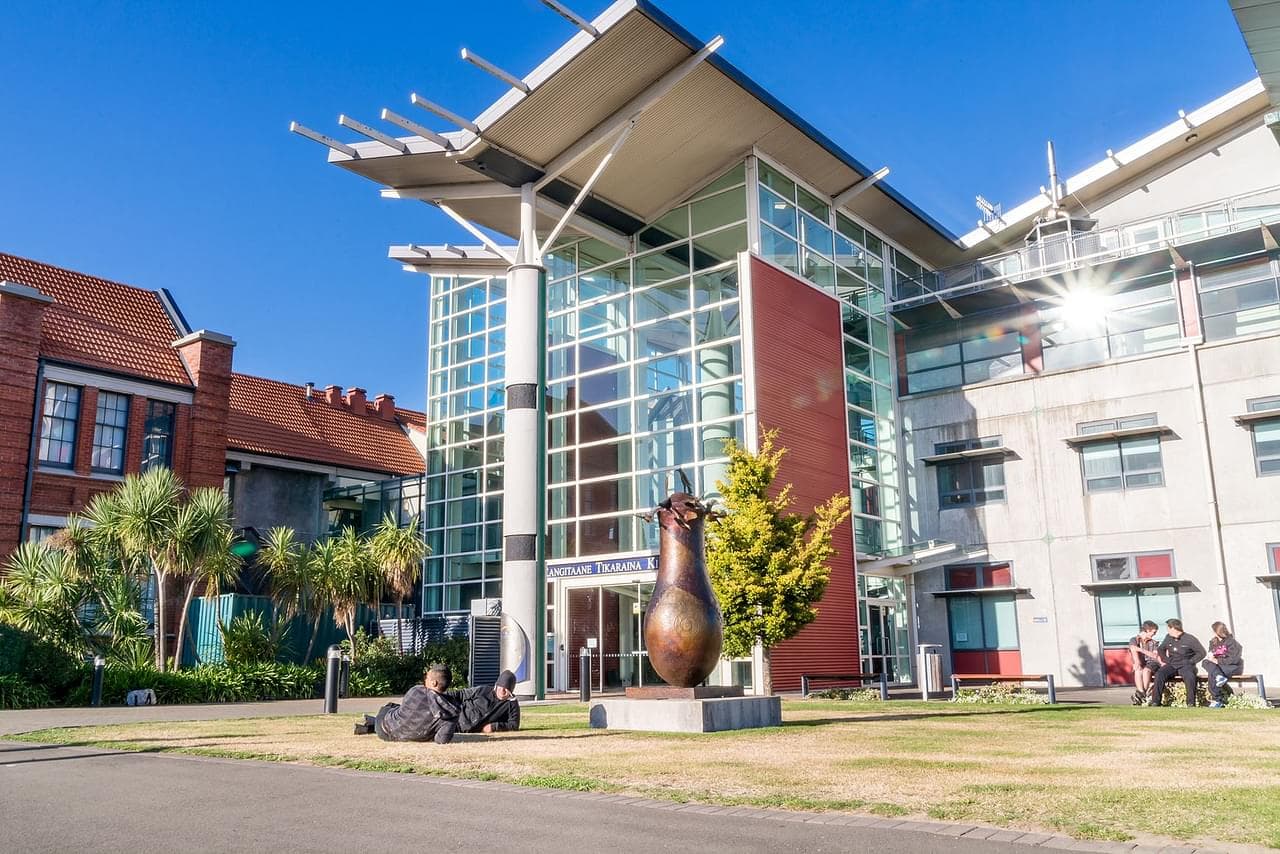This programme consists of 240 credits. The courses includes;
Engineering Fundamentals (15 Credits)
Learn thefundamentals of a range of engineering disciplines, including:
- SI units
- Units conversion
- Scalars
- Vectors
- Force:components of a force; analysis of concurrent force systems; moment of a force, conditions of static equilibrium; beam support reactions; first moment of area; centroid; centre of gravity; velocity; acceleration; linear motion; Newton’s laws of motion; friction on level surfaces; work and power; potential- and kinetic energy; andconservation of energy
- Tensile-, compressive- and shear stress and strain; tensile test, elastic modulus
- Fluid properties: density; specific gravity; specific weight; viscosity; pressure; head; gauge pressure; absolute pressure; and manometers
- Electron flow; voltage; current; resistance; batteries; generators; Ohm’s Law; use of multimeter; and AC and DC applied to resistive circuits
- Overview of the power distribution system, MEN system, protection and safety
- Radiant, conductive and convective heat energy; thermal mass and thermal conductivity; latent heat of vaporization and freezing; simple temperature sensors; and sources of errors in measurement.
Engineering Mathematics 1 (15 Credits)
Develop mathematical skills, concepts and understanding in order to perform calculations and solve problems within engineering contexts.
Technical Literacy (15 Credits)
Develop technical research skills along with oral, written, graphical and interpersonal communication skills. The course includes:
- Technical and business communication
- Interpersonal communication
- Computer application tools, e.g. word-processing, spreadsheets, presentation graphics
- Pictorial sketching and basic engineering drawing techniques; orthographic projection; dimensioning principles; principles of drawing; office practice;and drawing management.
Electrical Principles (15 Credits)
Learn aboutgeneral electrical and power circuit theory principles and skills required for subsequent courses.
- Fundamental principles of DC circuit theory under steady state and time varying conditions. (Ohms law, Kirchhoff's laws, resistors in series, parallel and series-parallel and voltage dividers)
- Basic electromagnetism, magnetic circuit’s induction and inductance. Faraday’s and Lenz’s laws
- Fundamental principles of AC circuit theory under steady state and time varying conditions
- Capacitor construction, including current and voltage transients in RC circuits
- Inductive transients – self-induction andmutual induction
- Series and parallel resonant circuits
- Basic star and delta connected circuits.
- Basic calculations on balanced loads for three wire star load and four wire star configuration with neutral impedance.
Electrical and Electronic Applications (15 Credits)
Apply theoretical knowledge and understanding of general fundamental electronic principles. The course covers:
- Circuit diagrams, block, control, schematics, and electronic simulation. Lighting and power OR PCB layout
- Integrated circuit electronic linear and switching supplies
- Safe working practices
- Classes of electrical registration and limitations
- Basic analogue, digital circuits or electrical/electronic installations
- Mini-electronic electronic or electrical project, component selection, assembly and testing, including safety testing.
Power Engineering (15 Credits)
Learn aboutthree phase circuit theory as applied to power engineering and ELV earthing and protection systems.
PLC Programming 1 (15 Credits)
Learn about programming PLCs to solve simple industrial problems.
Electronic Principles (15 Credits)
Learn about general electronics and the basic building blocks of electronics as required for subsequent courses. The course covers:
- Thevenin’s theorem, superposition theorem and maximum power transfer theorem
- Combinational logic circuits, sequential logic, registers, counters and encoders
- Diodes, rectification and smoothing; simple Zener and three-terminal regulated power supplies; and switching power supplies.
- Linear and switching operation of BJT and MOSFET devices
- Operational amplifier theory and applications
- Electronic meters, oscilloscope, function generators and component testers.
Electrical Machines (15 Credits)
Learn about single and three phase electrical machines.
Introduction to Networks (15 Credits)
Learn aboutthe architecture, structure, functions, components, and models of the Internet and other computer networks and to enable youto build simple LAN. The course covers:
- Devices and services used to support communications in data networks and the Internet
- The role of protocol layers in data networks
- Addressing and naming schemes used at various layers of data networks in IPv4 and IPv6 environments
- Designing, calculating, and applying IPv4 and IPv6 subnet masks and addresses
- Ethernet concepts such as media, services, and operations
- Building a simple Ethernet network using routers and switches
- Using a command-line interface to perform basic router and switch configurations
- Utilizing common network utilities to verify small network operations and analyze data traffic.
Engineering Management (15 Credits)
Learn howto administer and manage projects effectively in a specific discipline of engineering. The course covers:
- Project management -scheduling techniques; critical path analysis; PERT charts; Gantt charts; and uncertainty and risk management
- Contract law and documentation -schedules of quantities; costing and tendering; time cost/quality balance; contract types; and engineering company structures
- Conditions of Contract (NZS3910) anddispute resolution
- Professionalism and ethics
- Consultation
- Treaty of Waitangi
- Sustainability and the Resource Management Act
Engineering Project (15 Credits)
Apply knowledge and problem-solving skills to plan and complete an engineering project relevant to the discipline strand studied (civil, mechanical or electrical) to accepted practice and standards from a given specification.
Power Systems 1 (15 Credits)
Learn aboutthree-phase power systems with an emphasis on generation, distribution and transmission systems.
PLC Programming 2 (15 Credits)
Developan advanced knowledge of PLC systems, applications, and programming methods.
Protection (15 Credits)
Learn aboutelectrical power system fault protection concepts for both MV and HV systems.
Sustainable Energy and Power Electronics (15 Credits)
Learn about the concepts and applications of power electronics including basic converter types and applications involving small scale renewable energy systems.
